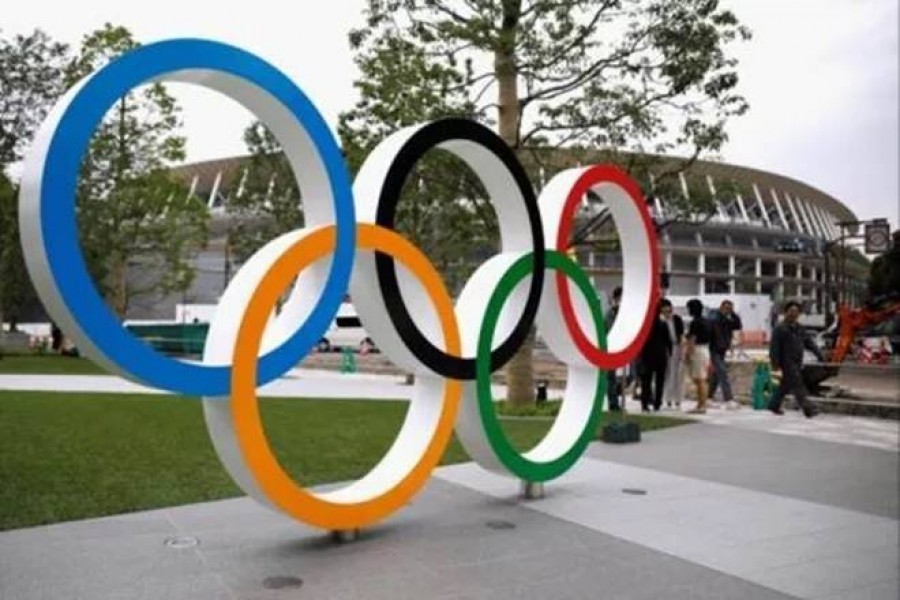The costliest on record, Tokyo Olympics -- the 32nd edition of the greatest show on earth, will go down in history as a unique event of global solidarity where rivalry pays tribute to the ultimate human spirit. This year's Olympics was unique on a number of counts. It is for the first time that an Olympics has been postponed to be held a year later. It has showcased the largest ever games in empty stadiums. Remarkably, it has been the Olympics participated by the largest number of women athletes ever in its 160 years' history. Even more significantly, this Olympics held successfully in time of coronavirus pandemic -- even during the 17-day competition Tokyo saw a rise in infection cases above 500 -- proclaims triumphs of the indomitable will of man against all odds. No wonder IOC president Thomas Bach has termed it in his closing speech, the Olympic Games of solidarity, peace and hope.
Although the Olympic Games celebrate unity in diversity of the human race, the curtain could not fall at Tokyo on a more anthropologically fitting note. As the Kenyan men and women won marathon race and their national flag fluttered in the breeze along with their national anthem, the viewers were reminded of the prehistoric origin of the homo erectus in that African country, considered the hotspot of human evolution (a fossil found in Morocco later though, predates the oldest in Kenya). It is significant that in long distance races, the African athletes prevail over their counterparts on other continents. The message is clear: despite the diversity of race, religion, colour, culture and customs, mankind traces its origin to a single source and therefore boastsa common pedigree. Nowhere do this intrinsically unifying message and spirit demonstrate the value of uniqueness of human race as they do at the Olympics.
Then how the spirit expresses itself is also very special in its nature. It is the one who emerges victorious is overtaken by emotions and bursts in tears whereas the defeated holds head high and even embraces the champion to congratulate. This scene has been recreated on many occasions in different sports arenas from table tennis to diving to athletic tracks. A Dane became badminton champion, an Italian became joint gold medalist in high jump, a Dutch woman of African origin became champion in 10,000 metre race and a Belgian female athlete also of African origin also won back-to-back Olympic Heptathlon. Displaying steely resolve in defiance of Tokyo's scorching heat, they won the gruelling contests only to burst in tears immediately after achieving the feats. It was tears of joy, though.
Thus the Olympic Games appear to be all about human body's power, endurance and tenacity. But this only explains part of the process. The mind is a great factor or how else can those native African and their migrated athletes with frail frames overcome challenges from their European, American and Australian rivals boasting far superior body construction and fitness? There indeed lies the cue for sportsmen and sportswomen in this part of the world to the sporting glory on international stage. A Neeraj Chopra has proved this by clinching gold in javelin throw. So Tokyo Olympics has many a lesson for athletes and countries not patronising sports and games. The host city and country, like its predecessors, will definitely incur financial losses but as organisers they have won a gold medal. Their image will become taller amid the global financial crunch due to the pandemic. Even in terms of medals won, it is Japan's greatest haul ever. The immediate loss may be compensated in its international business in the days to come.


